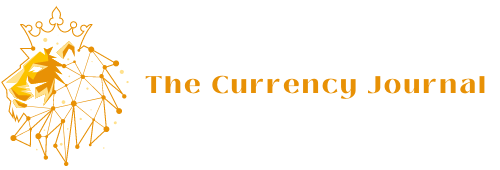Will another country in Europe open to blockchain technology and cryptocurrencies? The elections took place in Portugal yesterday. So far, the opposition center-right Democratic Alliance has won the fight for power with the center-left Socialist Party – according to the exit poll. However, the majority lacks a coalition partner. And this may prove crucial.
Elections in Portugal
The Democratic Alliance, a coalition of social democrats, Christian Democrats and monarchists, won yesterday's elections to Portugal's unicameral parliament, the Assembly of the Republic. At least that's what the exit poll shows. The party won 29-33% of the votes (the survey provides ranges, not exact results). Second place was taken by the center-left Socialist Party, which has governed the country since 2015 (25-29%). The podium is rounded out by the conservative Chega party (14-17%).
So if the Democratic Alliance formed a coalition with Chega, it could rule. The problem is that the leaders of the former rule out such a scenario.
Blockchain in the party program
Portugal is one of the smallest countries in Europe. After Sunday's election, however, it has a chance to become the cryptocurrency leader in the region. However, the key is the alliance between the Alliance and the Chega party, which in its program expressed its intention to strengthen Portugal's status as a cryptocurrency and blockchain center. Its leaders say they want to expand the use of blockchain technology to include real use cases – including at the institutional level. They promise to “invest in technology education, starting in primary school, with introductory courses on the digital economy, in particular cybersecurity, artificial intelligence, programming and blockchain.” They also want to include coding and blockchain in school curricula.
The center-right Democratic Alliance takes a similar position. He also wants to introduce programming into the national education program in order to place Portugal in the top ten European countries in terms of digitalization by 2030. However, its program lacks any mention of blockchain.
Chega goes a few steps further: it wants to “explore the possibility of state use of blockchain technology to drastically reduce bureaucracy and administrative complexity and provide greater transparency.” Blockchain could help reform real estate and land registration systems, as well as digital identity.
However, ideological and image issues may stand in the way of coalition. Chega is (of course with some simplification) the equivalent of the Polish Confederation, and the Alliance – the Civic Coalition. Theoretically, both of these forces may have trouble reaching an agreement. However, maybe the rush to power will make it easier for both of them to talk, which would be good for the blockchain market.

